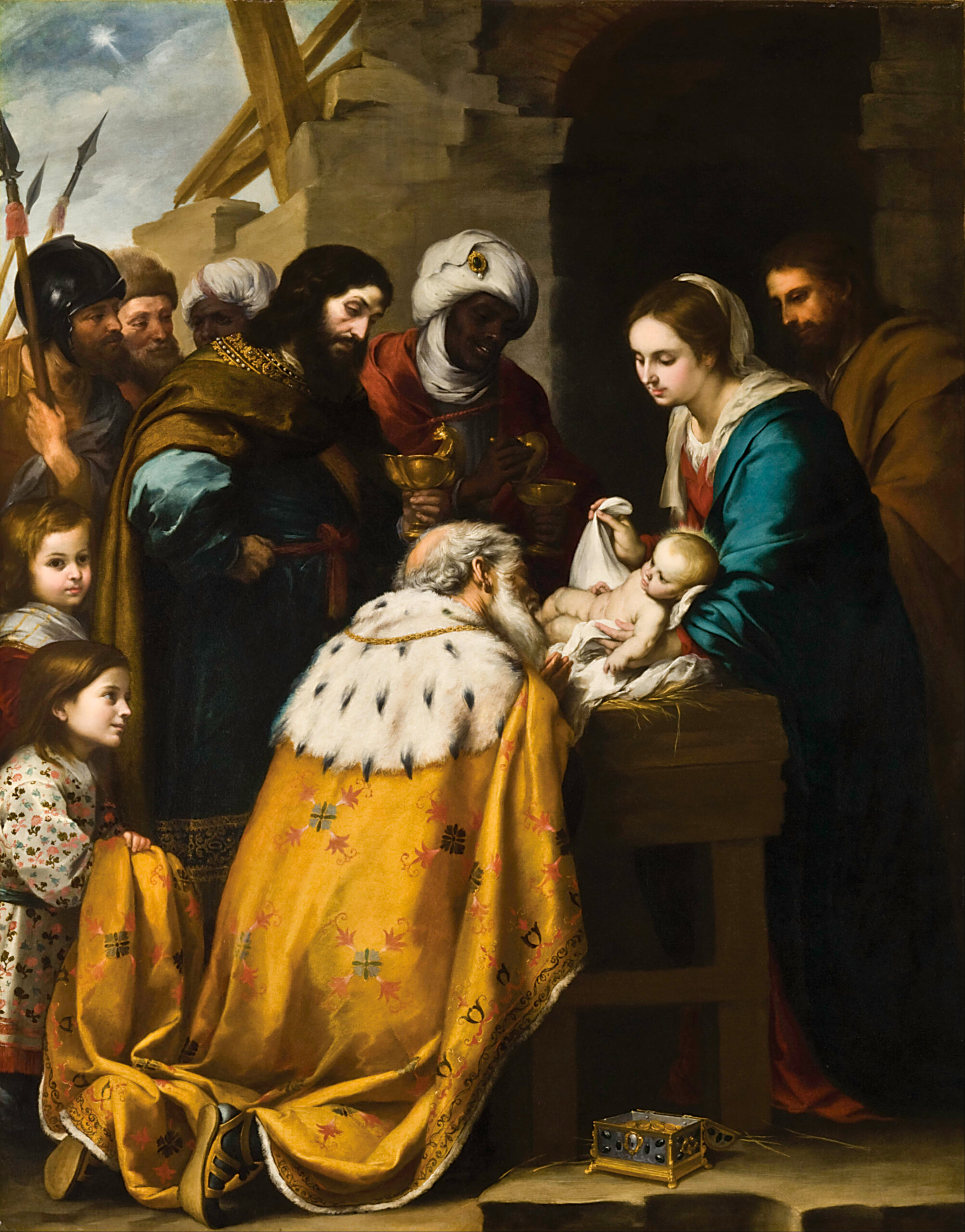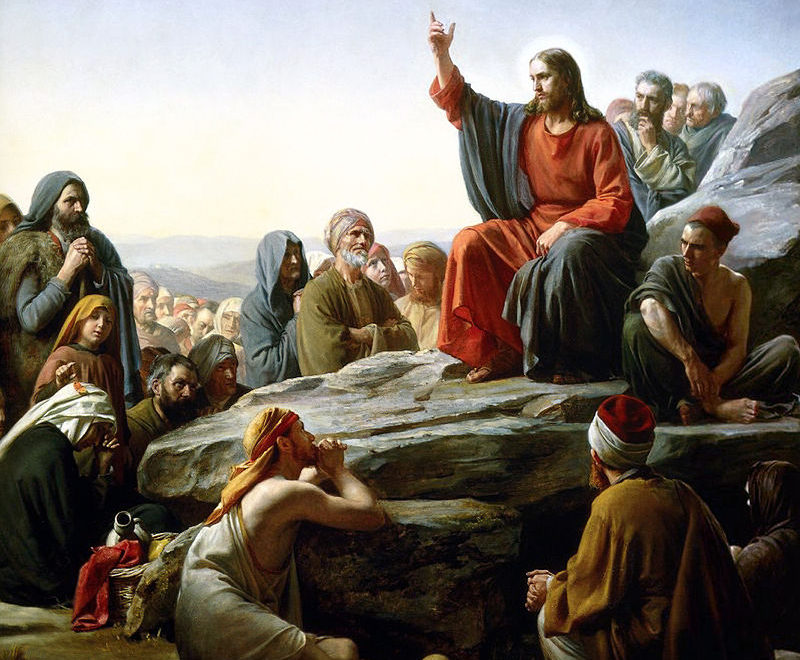Tag: Bible
-

The Incarnation of Jesus and Incarnational Ministry in the Classroom
It’s at this time of year that we cultivate a sense of the incarnation with the buildup to the Christmas holiday. We see lots of decorations. There are school performances and church pageants. Our routines change to accommodate a plethora of Christmas parties. Despite the celebrating and decorating, there’s a deep concern about the commercialization…
-

Practicing Happiness: Ancient Wisdom for Our Modern World
The pursuit of happiness is one of three rights originally drafted by Thomas Jefferson in the “Declaration of Independence.” These “unalienable rights” are “life, liberty and the pursuit of happiness.” It is an odd turn of phrase, but one that has a profound backdrop to it, one which we have perhaps lost today. It is…
-

Teaching a Narration-Based Bible Lesson
“Child,” said Aslan, in a gentler voice than he had yet used, “perhaps you do not see quite as well as you think. But the first step is to remember. Repeat to me, in order, the four signs.” The Silver Chair by C.S. Lewis Teaching a Bible lesson can be a teacher’s most intimidating class…
-

The Counsels of the Wise, Part 1: Foundations of Christian Prudence
We began this series with a proposal to replace Bloom’s Taxonomy of educational objectives with Aristotle’s five intellectual virtues. While Bloom and his fellow university examiners aimed to create clarity in teaching goals through a common language, their taxonomy of cognitive domain objectives may have done more harm than good. In rejecting the traditional paradigm…
-

Christianity, a Superior Philosophy: Book Review of Jonathan T. Pennington’s Jesus the Great Philosopher, Part 2
In the previous article in this two-part review of Jonathan Pennington’s book Jesus the Great Philosopher, I spelled out the first two sections of his book dealing with the ancient philosophers (chapters 1 and 2) and then the Old and New Testaments (chapters 3 and 4). Here I will dive into the final three sections…
-

Educating for Truth
I recently gave a short talk at my school’s curriculum night on the practical value of a classical education. In many ways, it was a recapitulation of the blog article I wrote a few weeks ago. I identified two popular ways of thinking about education today–both geared toward practical aims–and then argued that classical education…
-

Liberal Arts and the Transmission of Culture
In classical circles, we speak often about the importance of the liberal arts, over and against mere career-readiness skills, but we do not always elaborate. The reality is that career-readiness skills–skills like analyzing data, applying information technology, preparing for an interview, and completing tasks efficiently–are immensely helpful. The problem is not their usefulness, but their…
-

Educating for a Christian Worldview in a Secular Age
In our secular age, there exists a plurality of options for how to think about complex questions. Take the question of what it means to be human, for example. For the biologist, to be human is to possess the DNA of the species Homo sapien. In contrast, for the eastern mystic, to be human is…
-

Enjoying the Bible as Literature: 5 Strategies for Engaging Students in Reading the Canon
Guest article by Heidi Dean of Christian Schools International (See Jason’s article on CSI “7 Steps to Narrating the Bible”!) In biblical studies we seek to cultivate the habits of reverence, humility, submission to the text, and other qualities of faithful scholarship. But I propose another goal should rise to the top: enjoyment. The enjoyment…

